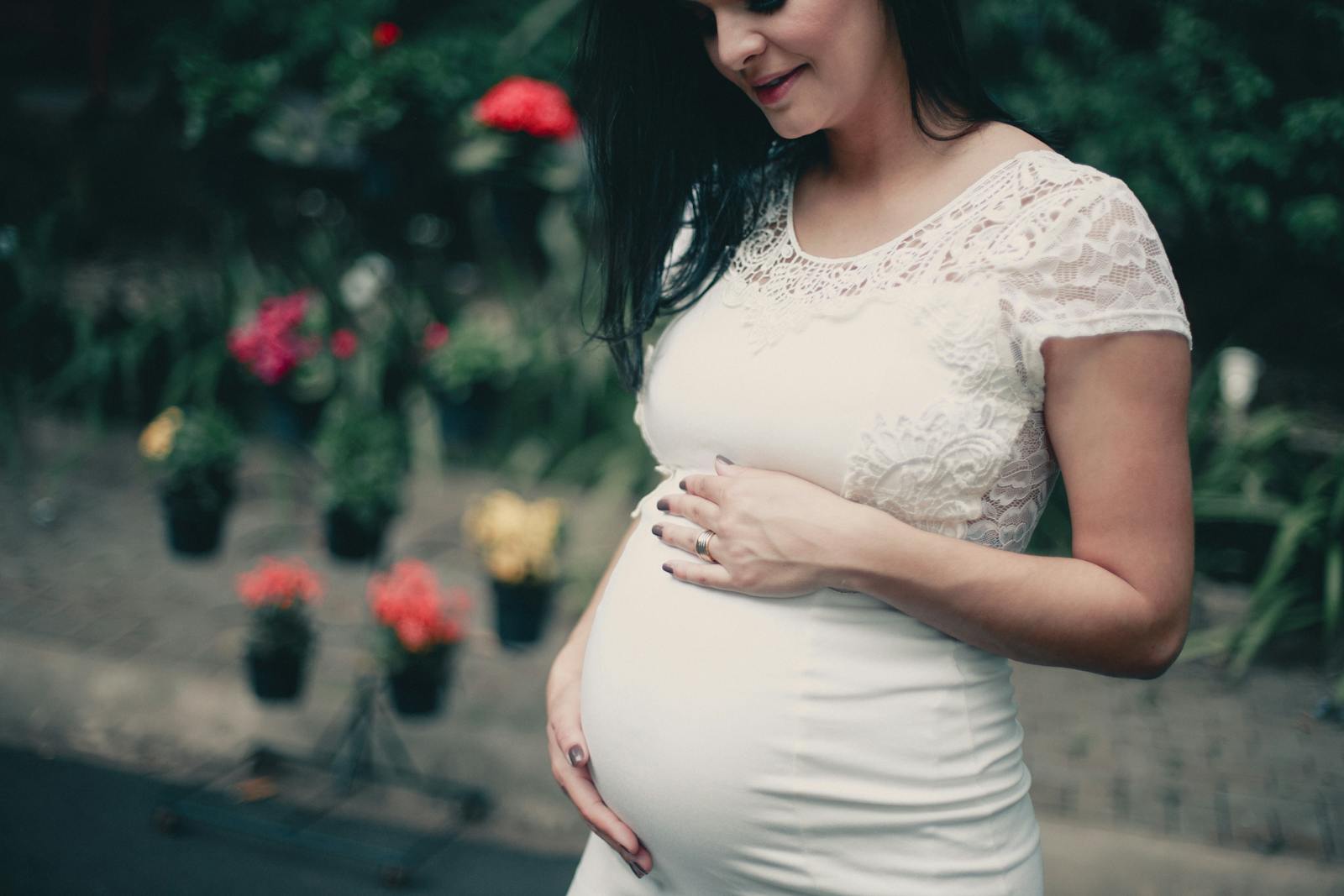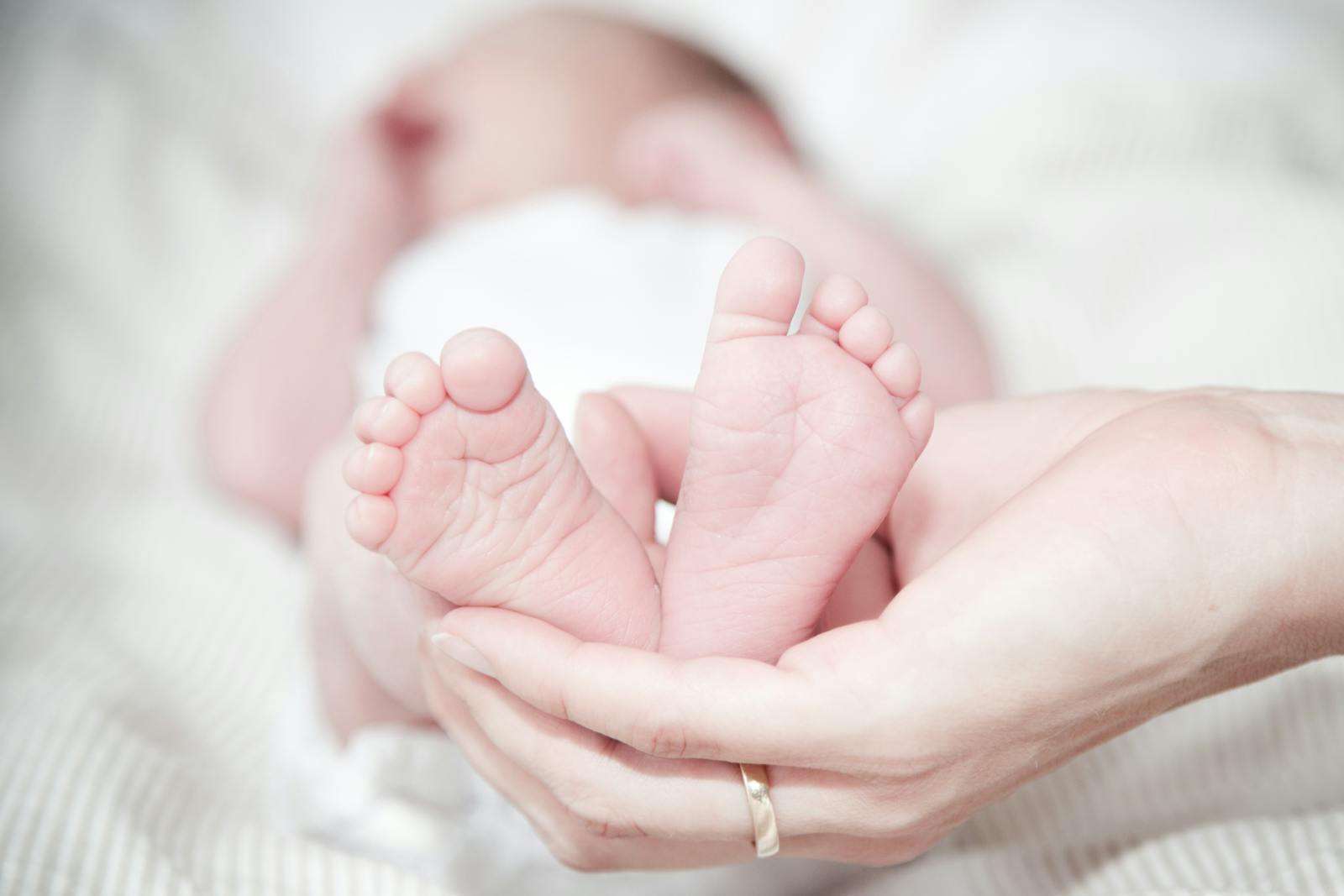
There is no set answer to when you should start thinking about trying to conceive, as every couple is different and will have a different timeline for when they are ready to conceive. However, some experts say that you should start trying to conceive around age 25 if you want a good chance of success. This is because fertility peaks in your early 20s, and then starts to decline gradually after that. If you wait any longer than this, your chances of conceiving may be significantly lower. Age isn’t always a determinant of fertility. In fact, many couples conceive when they are older than average. However, there are some things you can do to increase your chances at conception, regardless of your age.
Get Regular Fertility Checkups

Regular checkups can help identify any issues that may be delaying conception. Here are a few ways to increase fertility for older women. If you have any concerns about your fertility, schedule a consultation with your doctor. Many experts believe that a healthy diet is essential for fertility. Make sure to include plenty of fruits, vegetables, and whole grains in your diet. Try to avoid processed foods and sugary drinks. Some people find that taking specific supplements can boost their fertility. Speak with your doctor before beginning any fertility supplements, as there are risks and benefits to each type of supplement. Physical activity has many health benefits and may also help improve fertility levels. Exercise can help reduce stress and improve hormone levels, both of which may contribute to improving fertility rates in women. Consider incorporating exercise into your daily routine for the best results.
Pros and Cons of a Child at the Age You Want
There is no one answer to this question as everyone’s circumstances are different. However, here are some pros and cons to starting trying to conceive at a certain age. Your fertility might be lower than when you’re older. You might not be able to conceive naturally if you’re younger. There is a greater risk of miscarriage and other complications during early pregnancy. Your partner might not be as supportive or excited about starting a family when you’re younger. You might have fewer opportunities to conceive because fertility declines with age. You might not have children sooner if you wait until later in your cycle to try to conceive. If conception does occur, it’s more likely to be a healthy birth for the child. You’ll have more time to adjust physically and emotionally to the idea of being pregnant before having a child. Your partner might feel closer to becoming a father sooner rather than later, which could make him more supportive during the pregnancy process.
What Concerns Parents with Children That Age?

When parents have children that are not yet ready to conceive, they may have a variety of questions. Some concerns that parents may have include: when should their child start trying to conceive? How long should they try? What should they do if they don’t conceive after a period of trying? These are all questions that can be difficult to answer. It is important for parents to talk with their doctor about when is the best time for their child to start trying to conceive and what steps they should take if they don’t conceive within a specified amount of time.
